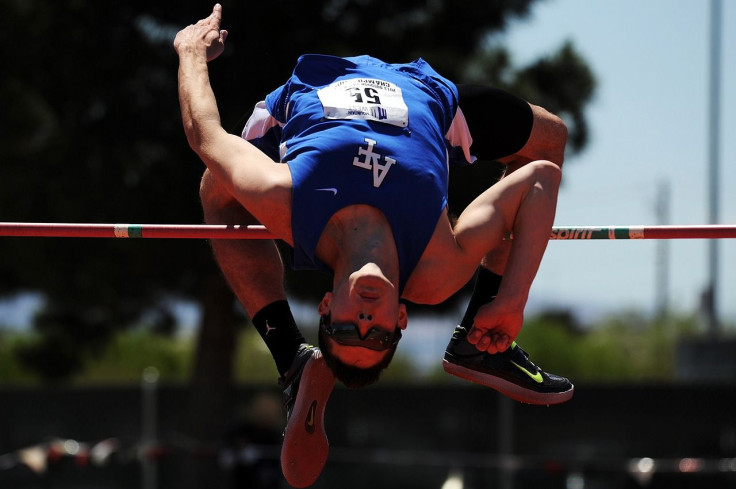Olympic Games Rio 2016: Channel Your Emotions to Win Gold

This article was originally published on The Conversation. Read the original article.
Every sport has a different set of pressures. In team games such as football, individuals are expected to perform throughout the season and their performances are pored over every week. In other events, the pressure can be much more concentrated, with most attention falling on events that only happen once every few years, such as the Olympic Games.
This is especially true in an events such as the Olympic 100 metre sprint, where the final brings even more pressure than the less-scrutinised qualifying stages. Four years of training builds up to one race lasting less than ten seconds that has the potential to transform an ahtlete’s life and career and make them a world superstar. But how do athletes cope with such pressure and ensure that they bring their best performance on the day of the final?
Sport psychology theory has many possible methods to enable an athlete to be successful. Most examine a rule of thumb on topics such as how humans react under pressure, the impact of different types of emotion and how to build confidence. When psychologists examine pressure they look to provide a general principle to how humans react and offer generic theories on the process of choking (severe performance decrements under pressure).
These type of theories, that try to develop general rules, definitely have their place and offer some insight for an Olympic sprinter who needs to peak for one event every four years. But there are also “ideographic” approaches that consider individual differences. These look at enabling each athlete to find a solution that works for them rather than relying on general principles.
For example, the individual zones of optimal functioning theory (IZOF) first developed by Yuri Hanin in 1977 offers athletes an insight into discovering and accessing their own “performance zone”. This zone represents the emotions that occur in an athlete both before and during an event when they perform at their best.
The theory suggests that by reflecting on past events, athletes can discover clues about the emotional state in which they need to be in to perform well, and also how they are when they under-perform. From this, a technique known as individualised emotional profiling was developed. This forces athletes to examine thee patterns between their feelings and their performances and work out what provokes those emotions that help them succeed.
As an example of how we can see this idea might work, Olympic men’s 100 metre champion Usain Bolt has continually been able to perform well in the biggest races. He appears to take a laid-back and light-hearted approach to the race that seems to serve him well. But another top sprinter, Justin Gatlin, takes almost the polar opposite approach using more aggressive behaviours, but he still performs well during major races.
Find your own way
Both Bolt and Gatlin appear to have a clear idea of how to get the most from themselves in a big race situation, exactly the information that individualised emotional profiling would help develop. But Bolt’s success has led many of his Jamaican teammates (and other sprinters) to try to replicate his more informal style. In some cases this may work but, in my view, this copycat behaviour has led some sprinters to under-perform in some major races.
For example, Asafa Powell has run some of the fastest times in the history of sprinting yet has not performed at his best in major races. Powell tends to replicate the informal approach of Bolt at major events. Perhaps this is not the way to get the best from himself and can, at least in part, explain his under-performance.
If psychology as a discipline has a key insight to offer sportsmen and women it is the importance of understanding individual differences. Athletes need to ensure they take these into consideration as they prepare for and enter into major sporting events. This is especially true for those that occur on such an infrequent basis such as the Olympic sprint events, which provide fewer opportunities to redeem under-performance. Those who have an understanding of how they feel when they perform at their best and how to access those feelings will have the best possible chance of attaining that famed gold medal.
James Beale, Senior Lecturer in Sport Psychology, University of East London



























